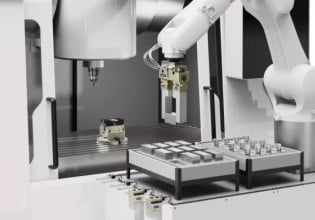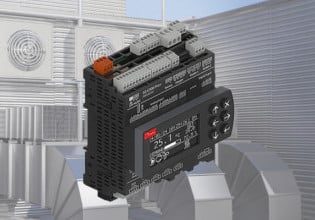A
Hi,
where I can find sources about Modbus Role Auto?, recently I finded this role (Auto, Master, Slave) on Micro800 PLC by Rockwell.
What brands has this modbus role?
where I can find sources about Modbus Role Auto?, recently I finded this role (Auto, Master, Slave) on Micro800 PLC by Rockwell.
What brands has this modbus role?






